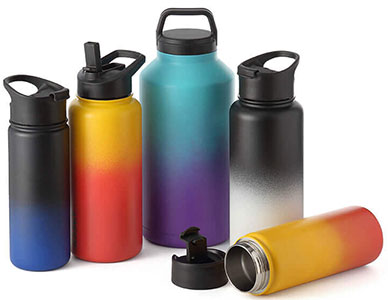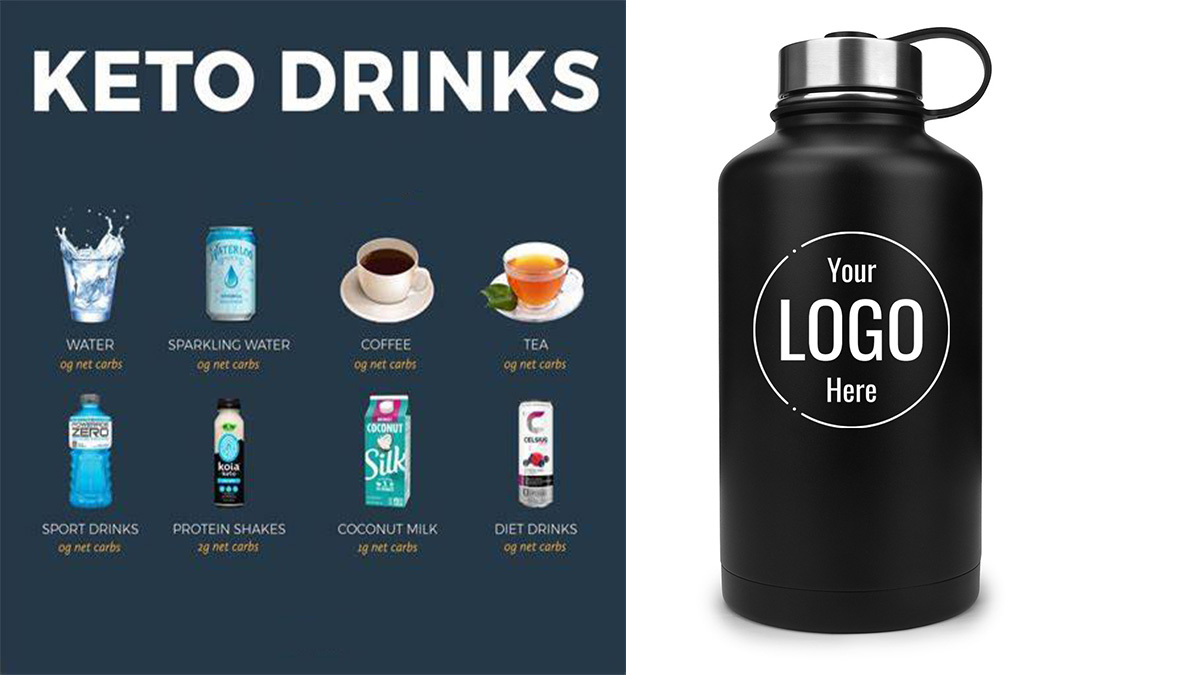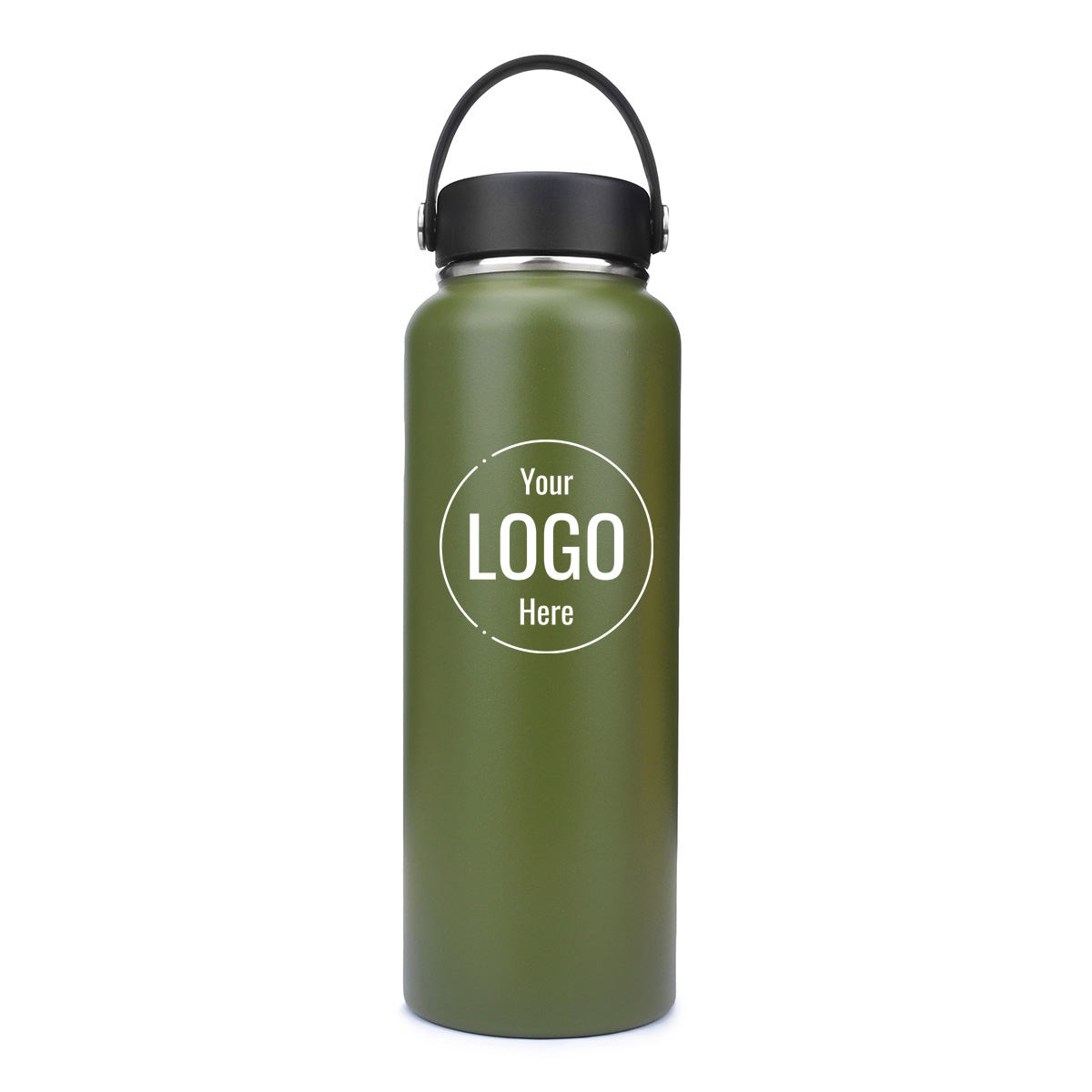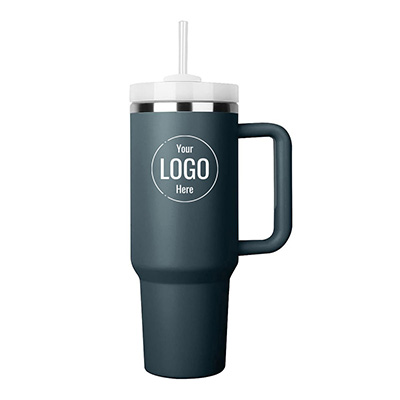Drinking enough water is an essential part of a healthy diet, and it becomes even more important when you’re following the Keto diet. The Keto diet is a high-fat, low-carbohydrate diet that can lead to rapid weight loss and improved health markers. However, it also puts your body in a state of Ketosis, which can cause dehydration and other side effects if you don’t stay properly hydrated. In this article, we will discuss the importance of drinking water on Keto and why you need to make sure you’re getting enough water throughout the day. We will also provide some tips and tricks for staying hydrated on Keto.
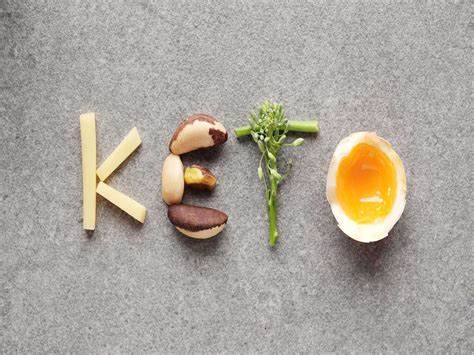
We have mentioned that Keto diet is a low-carbohydrate, high-fat diet with high fat but low carbohydrate, aiming to promote fat burning and weight loss. The basic principle of “on Keto” is that when the body does not consume enough carbohydrates, the liver converts fat into energy for the body. This metabolic state is called “ketosis”, during which the body produces large amounts of ketones (chemicals produced from fat breakdown) as an alternative energy source to carbohydrates.
If a person consumes a total of 2000 calories per day, with 50% (1000 calories) coming from carbohydrates, 30% (600 calories) from fat and 20% (400 calories) from protein, they can start to be on Keto by reducing their carbohydrate intake and consuming only low-carbohydrate foods such as vegetables, fruits and nuts. At the same time, they can increase their fat intake by consuming foods high in fat such as butter, olive oil, nuts and fish. As a result, their total calorie intake will decrease to around 1500 calories, with carbohydrates accounting for only 15% (225 calories) and fat accounting for 75% (1125 calories).
The Keto diet has been shown to be effective for some people, such as those with epilepsy, obesity, diabetes and other diseases. However, due to its strictness, it may also cause some side effects such as headaches, dehydration and constipation. Therefore, it is recommended to consult with a doctor or nutritionist before starting to be “on Keto”.
2. Why you need more water on Keto?
When you are on Keto, it is important to pay attention to your water intake. Simply drinking the same amount of water as you did before may not be enough to maintain your body’s hydration balance. This is because a Keto diet involves consuming a low amount of carbohydrates, which causes the body to switch from using glucose as its primary source of energy to breaking down fat instead.
During this process, your body produces a large amount of metabolic waste products, including acetoacetate and ketones. These waste products need to be eliminated from the body through urine and sweat, and they can only be effectively removed if the body has enough water to flush them out. If the body does not have enough water, dehydration can occur, leading to various health problems.
If you are on Keto, you may experience thirst, which is a sign that their body needs more water. If they do not drink enough water to quench their thirst, they may become dehydrated. Decreased urine output is another symptom of dehydration, which occurs when the body tries to conserve water by producing less urine. Dry skin is also a common symptom of dehydration, as the skin loses moisture when the body does not have enough water to keep it hydrated.
If these symptoms are not addressed by increasing water intake, they can lead to more serious health problems such as headaches, fatigue and difficulty concentrating. For instance, headaches can occur due to dehydration-induced changes in blood volume and pressure. Fatigue is another common symptom of dehydration, as the body’s cells do not receive enough oxygen and nutrients when there is not enough water in the system. This means that your “on Keto” doesn’t work at all. Therefore, it is recommended that people on Keto drink enough water each day to maintain their body’s hydration balance.
3. How much water should you drink on Keto?
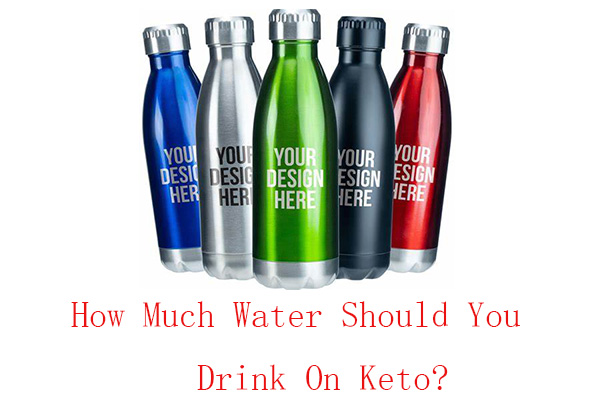
According to the recommendations of the National Institutes of Health (NIH), adults should drink 8 cups (approximately 2 liters) of water per day. However, for individuals who are on Keto, this number may vary. This is because the Keto diet can cause the body to eliminate more urine and sweat, increasing the body’s need for water.
In general, people who are on Keto should drink more water to ensure that their bodies receive adequate hydration. Specifically, it is recommended to consume at least 2 to 3 liters of water per day or increase the intake based on individual circumstances. Additionally, if you engage in high-intensity exercise or work in hot environments, you may need to drink even more water to replenish your body’s fluids.
It is important to note that excessive water consumption can also have negative effects on the body. Therefore, when on Keto, it is crucial to determine an appropriate water intake based on your physical condition and level of activity. If you have any health concerns or are unsure about how much water you should be drinking, it is advisable to consult with a doctor for guidance. Click and read more: How Many Ounces In A Water Bottle?
4. Don’t forget to replenish electrolytes on Keto.
When following a ketogenic diet, it is important to be aware of the potential nutrient deficiencies that may occur due to the reduced intake of carbohydrates. One such deficiency is in electrolytes, which are ions that can conduct electricity in the body, including sodium, potassium, magnesium, calcium and chloride. These ions play crucial roles in maintaining normal bodily functions such as water balance, nerve and muscle function, and heart rhythm.
In the context of a Keto diet, by restricting carbohydrate intake, the body is forced to shift its energy source from glucose to fat. This process leads to the production of ketones, which serve as an alternative fuel for the body. However, when there is an excessive production of ketones, it can disrupt the blood’s pH balance, leading to various issues such as fatigue, headaches, nausea and more. To prevent these complications, it is essential to replenish electrolytes through dietary means or supplements.
Aside from electrolyte imbalances, a ketogenic diet may also result in inadequate intake of other essential nutrients like fiber, vitamin C and B vitamins. Therefore, it is highly recommended to consult with a healthcare professional or registered dietitian before embarking on Keto to ensure that all necessary nutrients are being adequately met.
5. How to replenish water on Keto?
Reading here, you must have a clear understanding to the importance of drinking more water on Keto. But knowing doesn’t mean doing and here we’ll tell you how to replenish water scientifically to achieve your “Keto Goal” with a few suggestions:
- Keep your water “close”: The most effective way to keep your water “close” is to get a reusable water bottle, which you can take with all the time. This simple habit makes it convenient to take sips of water whenever you feel thirsty, helping you meet your daily water intake goals. When choosing wholesale water bottles, consider investing in a high-quality, reusable option like BulkFlask. Some BulkFlasks are designed to hold a large volume of water, making them ideal for long days on the go. Additionally, BulkFlasks come with insulation features that keep your water cold for several hours, so you can enjoy refreshing, chilled water even during hot weather.
- Drinking water before meals: This is a simple yet effective strategy for promoting healthy eating habits and weight management. By taking a few minutes to drink a glass of water before a meal, you can experience several benefits that contribute to better overall health. It can also improve nutrient absorption. When you’re properly hydrated, your body is better able to digest and absorb the nutrients from the food you eat. This can enhance the bioavailability of essential vitamins and minerals, supporting optimal health and well-being. To make the most of this habit, it’s recommended to drink at least 16 ounces (500 ml) of water about 20-30 minutes before each meal. This allows enough time for the water to be absorbed into your system and take effect before you begin eating.
- Adding flavor to water: This can make your water more enjoyable and encourage you to drink more, which is essential for maintaining good health. One of the most popular methods is to slice fresh fruits like lemons, limes or cucumbers and add them to your water. These fruits not only add a refreshing taste but also provide additional nutrients such as vitamin C and antioxidants, which you need to replenish especially when you are on Keto. You can also experiment with different combinations of fruits to find your favorite flavor. Another option is to use water flavoring tablets or drops, which come in a variety of flavors such as strawberry, orange, and mint. These products are convenient and easy to use; simply drop the tablet or a few drops of the liquid into your water, and you’ll have a deliciously flavored beverage in seconds.
- Drinking salty water: Drink more water can actually lead to a loss of essential electrolytes in the body, which can have negative consequences on overall health. Just as we mentioned before: you need to replenish electrolytes on Keto. And salty water may be a handy and effective for you to achieve goal. You just need to add salt into your water and drink it. Salt is an essential electrolyte that helps regulate blood pressure and maintain proper fluid balance in the body. When we sweat, we lose not only water but also electrolytes like sodium, potassium and calcium. By adding salt to our water, we can help replenish these lost electrolytes and prevent dehydration.
However, it’s important to note that not all salt is created equal when it comes to replenishing electrolytes. Regular table salt, also known as sodium chloride, should be used with caution as it can cause an imbalance of electrolytes in the body if consumed in excess. Besides, it’s important to do so in moderation. The recommended amount is about a teaspoon of salt per liter of water, or half a teaspoon of salt per quart of water. This will help to replenish lost electrolytes without overdoing it and potentially causing harm to the body. If you have any question on keto or wholesale custom water bottles, please do not hesitate to write to [email protected], you will get response within one day.
